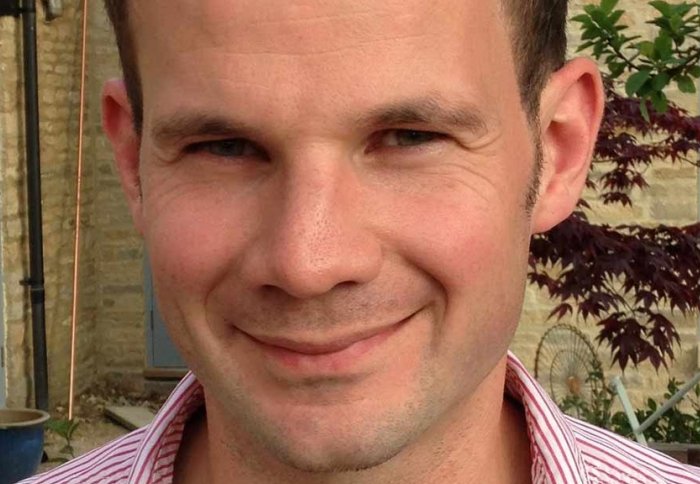Computing academic awarded the 2017 BCS Roger Needham Award

Dr Alastair Donaldson
Congratulations to Dr Alastair Donaldson for winning the BCS Roger Needham Award, recognising his outstanding work related to many-core programming.
The 2017 BCS Roger Needham Award, sponsored by Microsoft Research Cambridge, was awarded to Dr Alastair Donaldson for his distinguished contributions, through the design and application of rigorous program analysis methods to the emerging field of many-core programming. His case studies and techniques have also made a major contribution to fundamental Computer Science research.
Speaking about his work, Dr Donaldson explains: "I work in the area of Programming Languages, and I'm interested in how we can do a better job of designing software that is both efficient and reliable. One of the main ways to speed up software is through parallelism - splitting up programs into pieces that run simultaneously across lots of processing units. Unfortunately, getting parallelism right is very hard, and bugs due to parallel programming errors can be difficult to eliminate. They are sometimes referred to as 'Heisenbugs' because, drawing an analogy with Heisenberg's uncertainty principle, when a programmer instruments their parallel program to try to understand the cause of a bug (in a sense, measuring the bug), the bug often disappears, only to re-emerge once the instrumentation is removed. My work centres around formal verification, to mathematically prove that parallel programs are free from bugs; systematic testing, to automatically find and reproduce bugs; programming language design, to equip developers with better languages that make it easier to write correct parallel code; and compiler technology, so that high performance, correct parallel code can be generated automatically."
He says of receiving the award: “I'm incredibly honoured to be receiving the 2017 Roger Needham Award. It's really exciting to have my work recognised via the award, and more generally the award emphasises the importance and potential of research in programming languages and analysis and verification. My work over the years has been in conjunction with many collaborators, in the UK and internationally, and I'm grateful to all of them for their contributions to the exciting problems we've solved together. The Department of Computing at Imperial has provided a wonderful environment for my research group, and I owe a huge amount to the education I received during my undergraduate studies and PhD at the University of Glasgow, the practical skills I learned while a developer at Codeplay, and my postdoctoral experience in the verification group at the University of Oxford."
Andy Gordon, Principal Researcher, Microsoft Research Cambridge says: “Alastair Donaldson is a very deserving winner of the prestigious Roger Needham Award because of his ground-breaking work on reliable and efficient multicore programming. Formal verification and programming methodology have long been strengths of UK computer science, so it is great to see Donaldson's many achievements from applying these techniques to achieve practical benefits for parallel programming. Roger Needham would have been proud."
The Needham Award is decided each year by a distinguished panel of academics, chaired by Professor Philippa Gardner FBCS, Imperial College London, Program Verification.
The Roger Needham Award is sponsored by Microsoft Research Cambridge and established in memory of Microsoft's first director of research outside the US. It is awarded for a distinguished research contribution in computer science by a UK based researcher within ten years of their PhD.
Article text (excluding photos or graphics) © Imperial College London.
Photos and graphics subject to third party copyright used with permission or © Imperial College London.
Reporter
Joseph Worsfold
Department of Computing